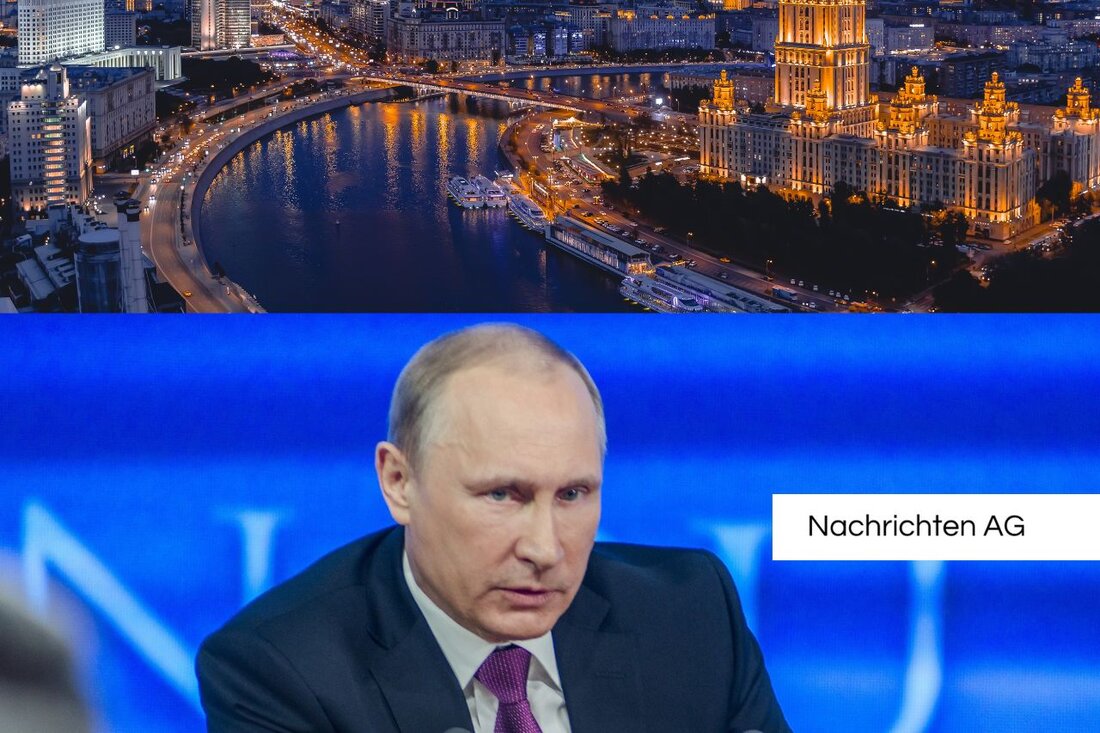Baltic Sea in crisis mode: Germany's military arms against Russia!

Baltic Sea in crisis mode: Germany's military arms against Russia!
in the Baltic Sea is bubbling huge - and not only because of the changeable weather. The region has developed into a front line between Russia and NATO, with a worrying increase in aggressive behavior and hybrid threats. A look at the current situation reveals how serious the situation really is.
Warning experts: The Baltic Sea is becoming more and more a scene of a hybrid war, like the Ostsee Newspaper reported. Sabotage files are regularly reported, such as grinding anchors over the sea floor to damage important lines and cables. These warlike undertones are worrying because they are accompanied by aggression on the part of the Russian warships and the violation of NATO air dreams by Russian military aircraft.shadow fleet and interrupted signals
But that's not all. A so -called Russian shadow fleet with over 150 poorly equipped ships transports about half of the sanctioned Russian raw materials, especially oil and gas, over the Baltic Sea. A particularly sensitive example is the oil tanker "Eventin", which bubbles center in front of the island of Rügen. In the meantime, the military reports of disorders of GPS signals that significantly impair maritime navigation security.
according to the Tagesschau intends to use civil infrastructure at sea for military surveillance purposes. However, this raises questions about the legal and security policy framework. Foreign Minister Johann WadePhul describes the situation in the Baltic Sea area as precarious and emphasizes that national security is now weighted even higher. NATO also took measures, such as the establishment of the Task Force "Baltic Sentry" to improve protection in the region.
military measures and challenges
The Bundeswehr reacts to these threats with an expansion of its presence in the Baltic Sea. A secret "Operation Plan Germany" (OPLAN) should better protect military and civilian institutions, including the overseas port in Rostock. However, it shows that financial resources, specialists and IT resources are missing in order to act effectively. According to the swp , the geopolitical situation has further exacerbated through the Ukraine conflict, which increases the need for military presence and reaction.
In addition, the NATO countries are faced with the challenge of optimizing their command chains. While the military is well organized, the civilian area of coordination and information exchange, which threatens the security of the critical maritime infrastructure. For the operators of offshore wind farms and oil platforms, there are also concerns about the additional effort associated with monitoring and building radar systems.
The situation in the Baltic Sea is therefore characterized by a rare mixed form of military tension and economic interests. If solutions are not found soon, the front line in the Baltic Sea could be a serious threat to the entire region. The next few weeks and months will show whether the efforts for security and defense will actually be fruitful or whether we have to be prepared for a further escalation of the situation.
| Details | |
|---|---|
| Ort | Rügen, Deutschland |
| Quellen | |
